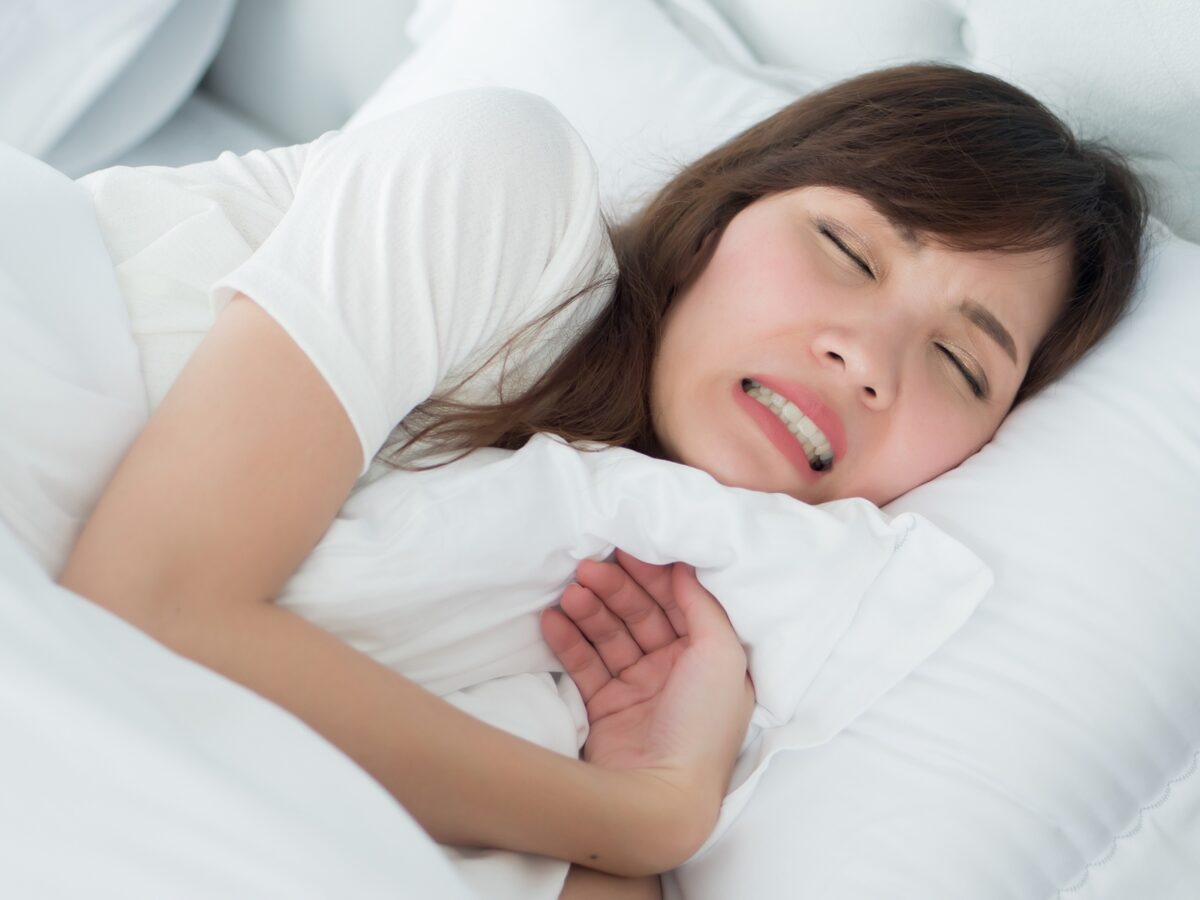Blog
Dental hygiene tips for healthy teeth & gums

How to stop grinding teeth at night?
Bruxism is a condition wherein a person unconsciously grinds, gnash, or clenches their teeth. There are two types of Bruxism – Awake Bruxism or Diurnal Bruxism entails clenching and grinding the teeth while awake. On the other hand, Sleep Bruxism means clenching the teeth while asleep. It is possible to treat the former via biofeedback therapy. But, Sleep Bruxism is deemed as a sleep-related movement disorder and presents numerous challenges. People who clench their teeth during sleep are more susceptible to other conditions like snoring, pauses in breathing known as sleep apnea, and so forth. Although Bruxism is not usually associated with severe complications, it may sometimes have severe repercussions. Some of them are –
- Damage to teeth and jaw
- Wearing down of restorations, crowns, and jaws
- Headaches
- Disorders in the Temporomandibular Joints
- Severe facial or jaw pain
Treatment of Teeth Grinding at Sleep
Treating teeth grinding at night is problematic because it is hard to catch in the first place. The sleeping partners of some people witness Sleep Bruxism, thereby facilitating quick treatment. Moreover, the typical symptoms of Bruxism like headaches, jaw pain, and damage to teeth are non-specific. The condition is also difficult to pin down unless observed by a sleeping partner or consciously realized by the person via some means. But, it is noteworthy to understand that treatment of Sleep Bruxism is available.
- There are few at-home ways to treat Sleep Bruxism. Holding a warm, moist compress against the jaw before going to bed can help relax the muscles. A warm bath or shower prior to bed may also help in easing the jaw muscles.
- Eating soft foods so that the jaw doesn’t tense up is an easy and efficacious way to keep sleep Bruxism at bay. It is advisable to avoid crunchy, chewy, and hard foods.
- Simple jaw stretching exercises can help in cutting down teeth grinding at night. A joint yet valuable exercise is to close the lips, keep the teeth apart, and press the tongue against the mouth’s roof without touching the teeth. The key is to hold the position for as long as possible.
- Wearing a mouthguard at night may not stop you from grinding your teeth, but it will help protect the teeth and jaw. Dentists also recommend mouth guards during sleep bruxism as a protective measure.
- An appointment with a physical therapist or massage therapist can loosen up the tense muscles causing the sleep bruxism. Likewise, muscle relaxing medications that doctors prescribe may also help.
Although, at first glance, Sleep Bruxism may seem harmless, you must always take the severe consequences of the condition into account. One of the most crucial causative factors of teeth grinding at night is anxiety. The degeneration of teeth and jaw via grinding at night can further start a chain of dental problems and deteriorate your overall health further. So, consulting a mental health professional to deal with the root cause of sleep bruxism is crucial.
Book your appointment now and get your dental issues resolved!


